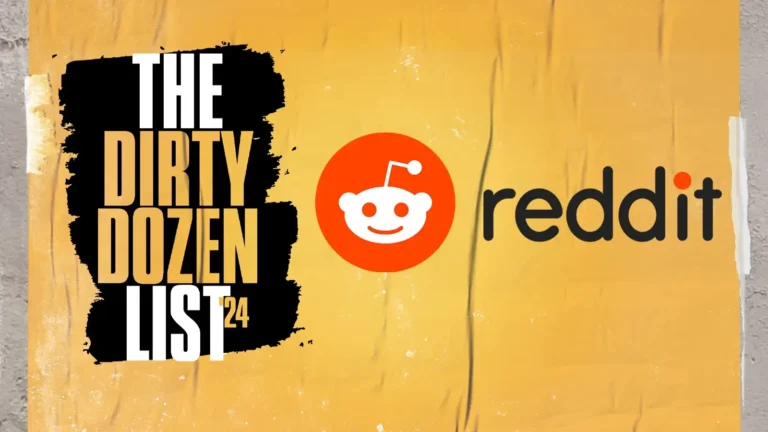This site was begun by Morality in Media, in conjunction with the War on Illegal Pornography, to help restore sanity in public libraries. All public, taxpayer-funded libraries should refuse to allow pornography on public computers – that is common sense.
We are not in a fight with your local public librarians. They are good public servants. Rather we are at war with those, like the American Library Association (ALA), the ACLU and others, who have advocated access to porn in public libraries. The ALA has been the driving force behind pornography on library computers. ALA and the ACLU fought a losing battle all the way to the U. S. Supreme Court against the Children’s Internet Protection Act, a federal act that requires public libraries that take certain federal funds to block pictures that are (a) obscene; (b) child pornography; or (c) harmful to minors (for computers that are accessed by minors) . Imagine! Shouldn’t the American Library Association be on the side of protecting children from pornography?
Since loosing the battle against that law, ALA continues to disseminate misinformation about pornography to library systems. Here is an example from ALA’s own website:
“In the millions of Web sites available on the Internet, there are some—often loosely called “pornography”—that parents, or adults generally, do not want children to see. A very small fraction of those sexually explicit materials is actual obscenity or child pornography, which are not constitutionally protected. The rest, like the overwhelming majority of materials on the Internet , is protected by the First Amendment.” http://bit.ly/lCNXml
This quote is FALSE. Suggesting that only a “very small fraction,” of porn available on the Internet is obscene is very deceptive. Most all pornography commercial websites is hardcore and therefore can be charged by prosecutors as “obscene.” The seemingly endless number of free porn sites depicting actual or simulated sex and other lascivious depictions are also hardcore and can be charged as obscene. Does ALA really think the American public is so uninformed and that it believes the overwhelming amount of Internet porn is be soft-core, depicting just topless women?
The ALA site also strongly suggests that Internet filters are inadequate, implying that use of them by libraries may violate constitutional rights of patrons. This in not accurate on two grounds. Filtering software has come a long way in the last twenty years and is very effective in blocking pornography without interfering with more legitimate sites. Also, use of filters does not violate rights, as the Supreme court has ruled in upholding the Children’s Internet Protection Act.
Some argue that allowing porn on computers is a must, otherwise the library is guilty of unconstitutional censorship. Nonsense! Just check out your local library. Does it carry every book in the world? Of course not! The library board must necessarily make decisions about which material to include and in doing so it keeps in mind various factors, including the appropriateness of the material, the library budget, and other concerns. Pornography magazines and books have always been prohibited in most libraries out of concern for public morality. Most librarians would be embarrassed to carry pornography. It is not only unsavory, but may even be unsanitary to handle such material. What do the proponents of porn in public libraries plan next, once porn on computers is established. Wouldn’t the logical next step be to advocate for the stocking porn magazines and videos? We think so.
As a matter of public safety and good stewardship, libraries should keep pornography off computers and off the shelves.
Patrick A. Trueman
President of Morality In Media
Former Chief, Child Exploitation and Obscenity Section
United States Department of Justice, Washington, DC
Many people around the country have reported that the following has happened at their local libraries where pornography is allowed:
- men spend hours at the library trolling pornographic Web sites
- masturbating
- stalking patrons and library employees
- making catcalls
- physical threats
- luring children into viewing images of bestiality and child rape and other disgusting depictions
- intentionally leaving printouts of pornographic images on tables around the building for librarians and patrons to see
- a decrease in the number of children using facilities


